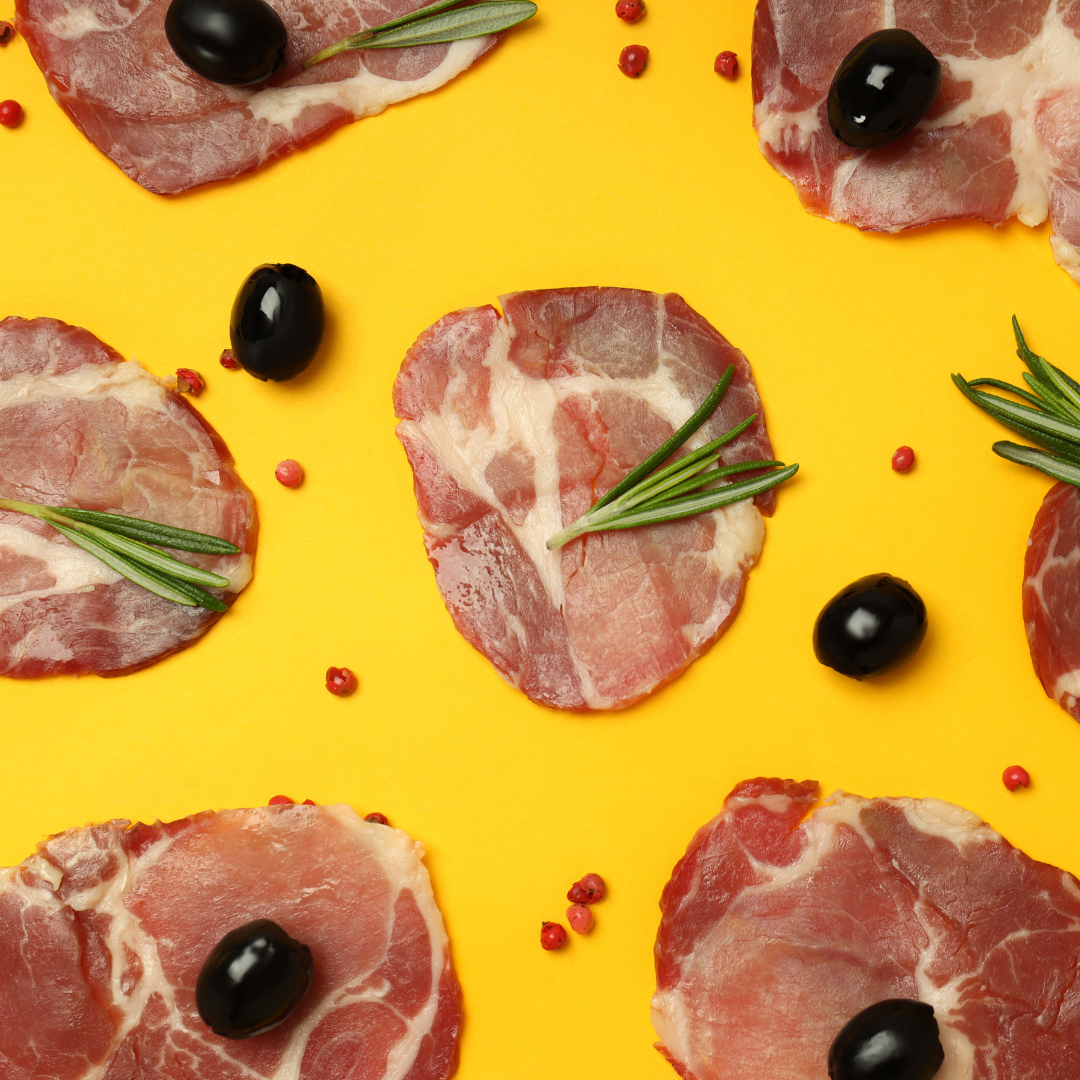
This store requires javascript to be enabled for some features to work correctly.
-
You're viewing DECANT SF. Switch to NAPA VALLEY.
-
Save 10% automatically when you add 12+ bottles to your cart!
-
PLEASE NOTE: MOST OUT OF STATE GROUND SHIPMENTS ARE CURRENTLY ON HOLD DUE TO FREEZING WEATHER.
SOUTHERN ITALY
Explore the robust and sun-kissed wines of Southern Italy, where ancient winemaking traditions meet the Mediterranean's rich terroirs. Our collection spans the dynamic regions of Puglia, Campania, and Basilicata, each known for their distinctive wines. Puglia, the heel of Italy's boot, is famous for its bold, fruit-forward reds like Primitivo and Negroamaro. These wines are full-bodied, with deep berry flavors and spicy, earthy notes. Campania is revered for both its white and red wines. The whites are primarily made from Fiano and Greco di Tufo, offering crisp acidity and aromatic complexity. Reds from Aglianico are robust and tannic, with the potential to age gracefully.Basilicata is centered around the Aglianico del Vulture, which is grown on volcanic soils that impart a unique minerality to this powerful red wine.
Land Acknowledgement
We acknowledge that we are on the unceded ancestral homelands of the Ramaytush Ohlone (the original inhabitants of the San Francisco Peninsula) and the Wappo & Miwok (the original inhabitants of Napa County).





